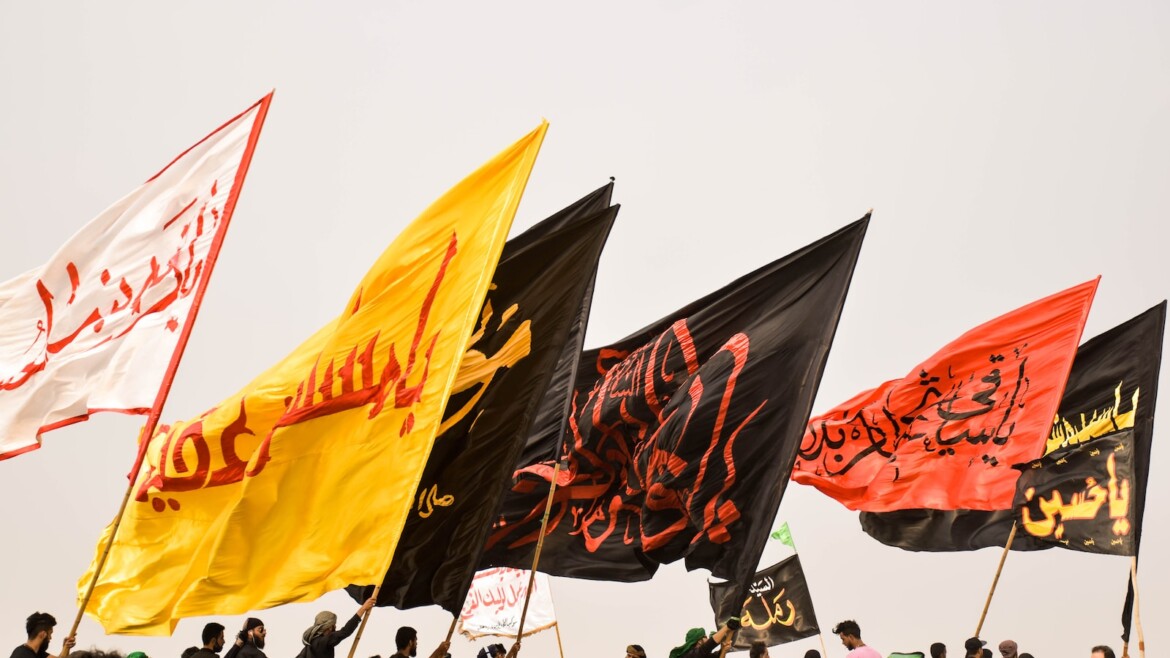Ramadan 15 in the Islamic calendar is traditionally believed to be the day when Muslim ibn Aqil, the cousin and emissary of Imam Hussain ibn Ali, departed from Mecca and set out towards Kufa. This event took place in the year 680 AD (60 AH).
After receiving numerous letters from the people of Kufa expressing their support and inviting Imam Hussain to lead a movement against the oppressive rule of Yazid ibn Mu’awiya, Imam Hussain decided to send his cousin, Muslim ibn Aqil, to Kufa as his representative. Muslim’s mission was to assess the situation in Kufa, gather information about the level of support, and prepare the ground for Imam Hussain’s arrival.
Muslim ibn Aqil, a respected and trusted figure among the family of the Prophet Muhammad, arrived in Kufa on Ramadan 5. He was warmly welcomed by the people, and many pledged their allegiance to Imam Hussain through Muslim.
However, Yazid’s agents in Kufa, under the leadership of Ubaidullah ibn Ziyad, the governor of Kufa, launched a campaign of intimidation and suppression against those who supported Imam Hussain. As the days passed, Muslim ibn Aqil’s situation became increasingly precarious.
By Ramadan 15, the situation had taken a dangerous turn. Muslim found himself abandoned by many of those who had initially pledged allegiance to Imam Hussain due to fear of the Umayyad regime. He was left with only a handful of loyal supporters.
Despite the difficult circumstances, Muslim ibn Aqil continued to uphold his mission and remained steadfast in his commitment to Imam Hussain. However, he was eventually betrayed, and his whereabouts were reported to Ubaidullah ibn Ziyad. As a result, Muslim ibn Aqil was arrested and brought before the governor, who subsequently ordered his execution.
The departure of Muslim ibn Aqil from Mecca and his subsequent mission in Kufa are significant events in the lead-up to the Battle of Karbala. His dedication and sacrifice symbolize the loyalty and devotion of Imam Hussain’s supporters and the challenges they faced in their struggle against an oppressive regime.
The tragic fate of Muslim ibn Aqil serves as a powerful reminder of the sacrifices made by Imam Hussain’s companions in the pursuit of justice and truth. Their unwavering commitment to principles of righteousness and resistance against tyranny continues to inspire Muslims worldwide, particularly during the commemoration of the tragedy of Karbala on the day of Ashura.

